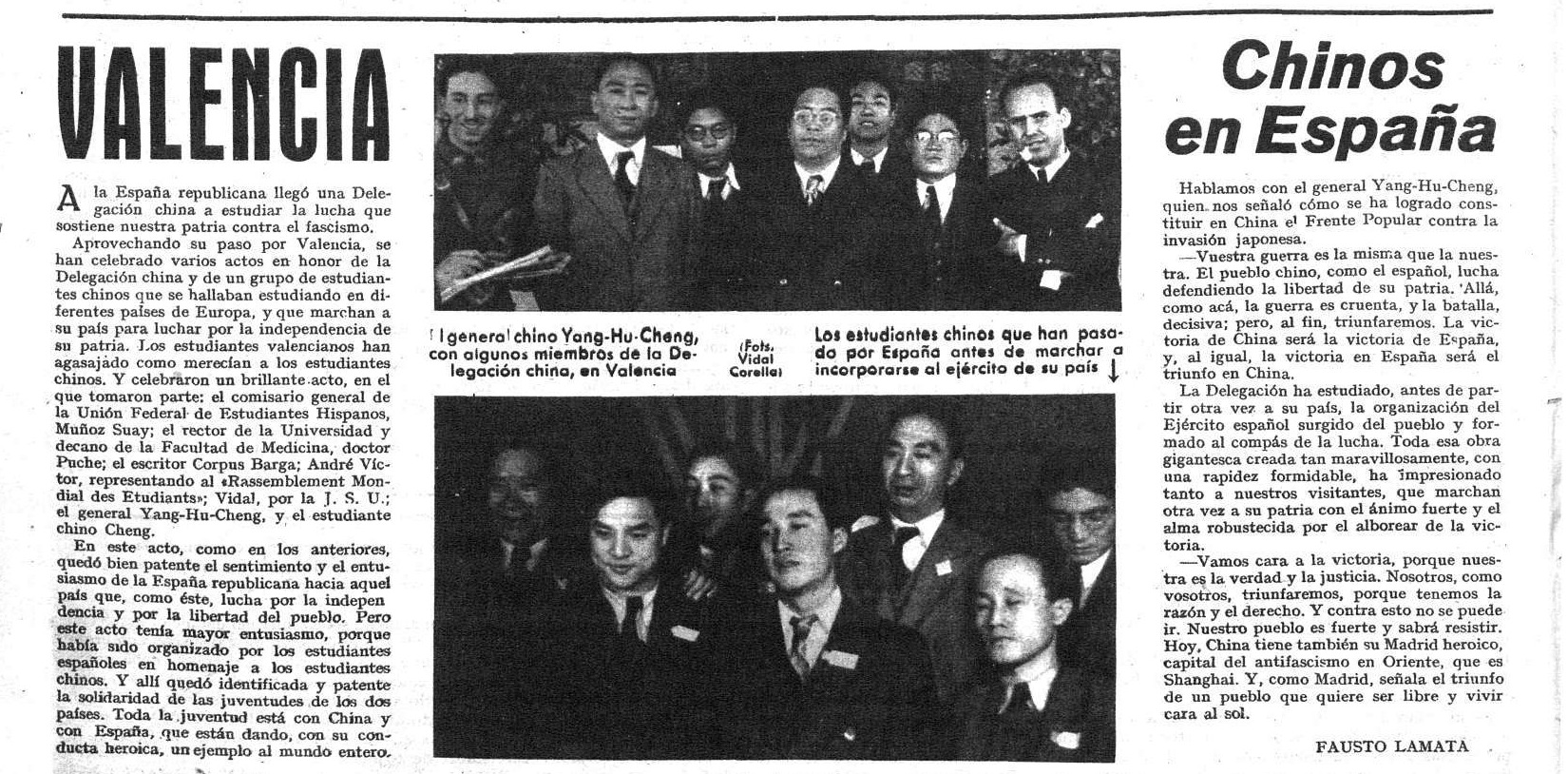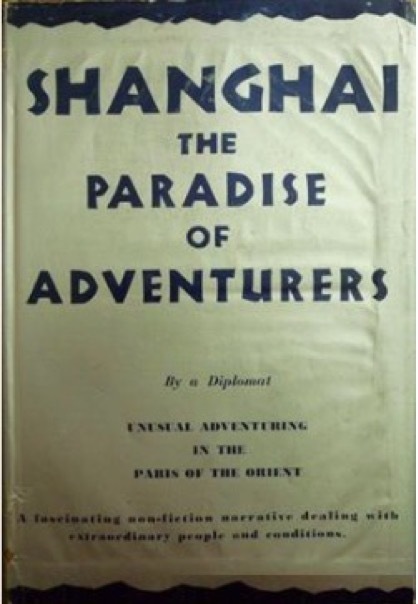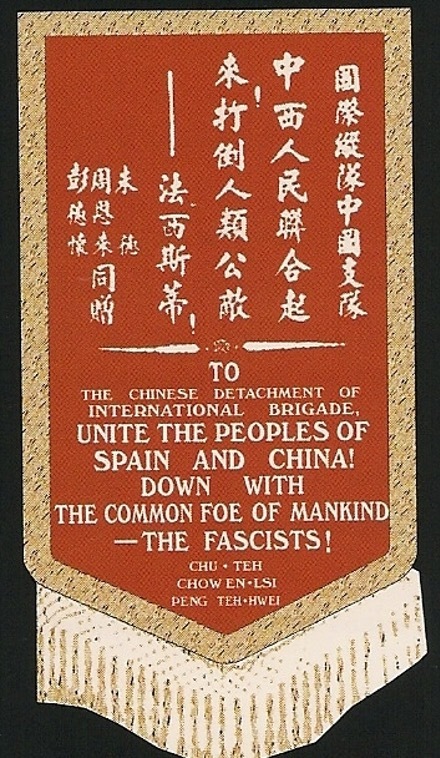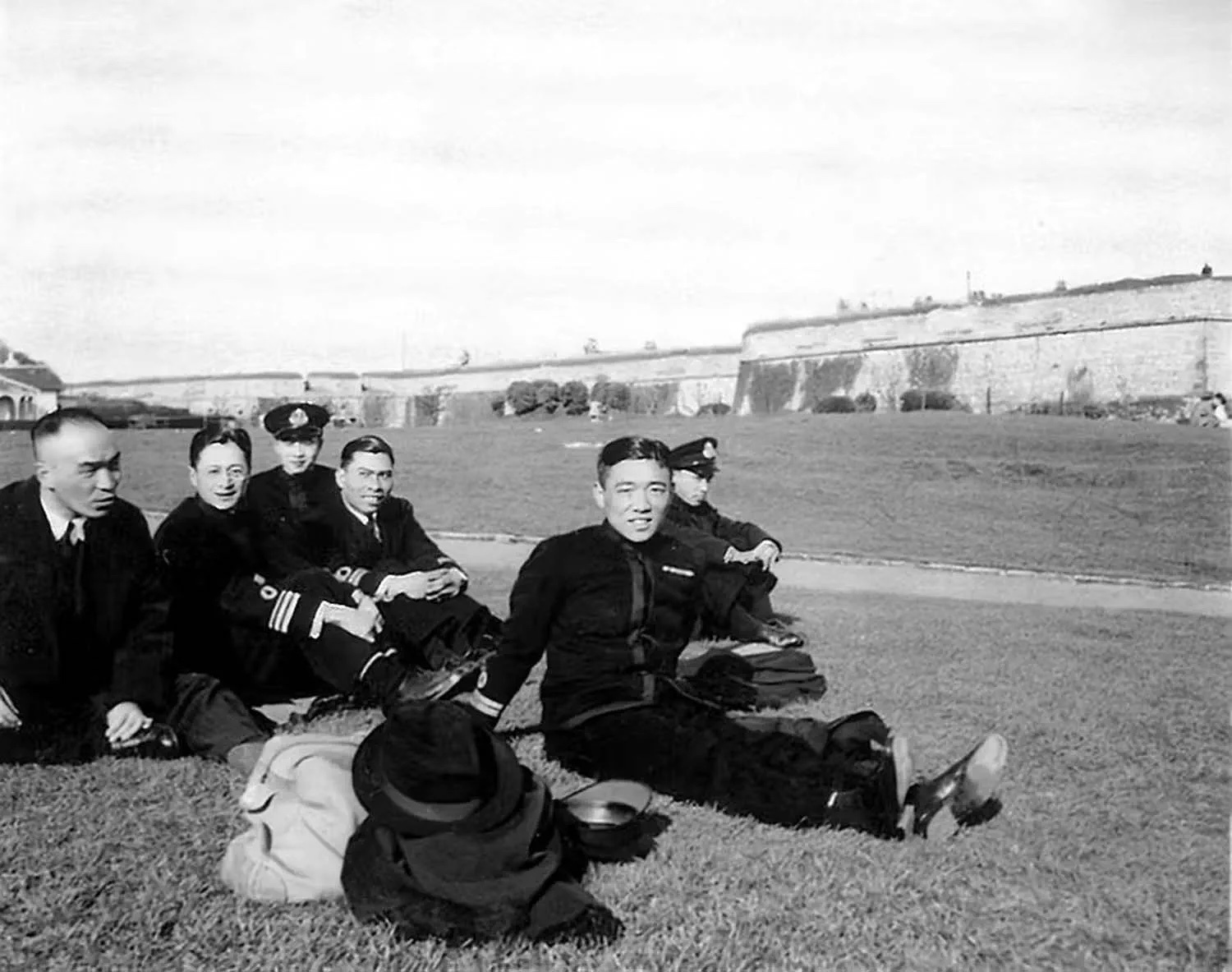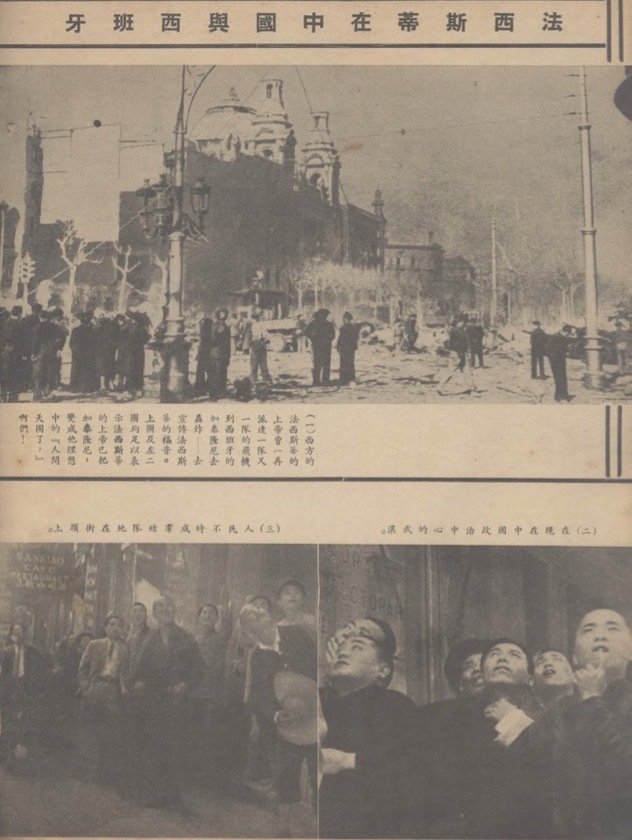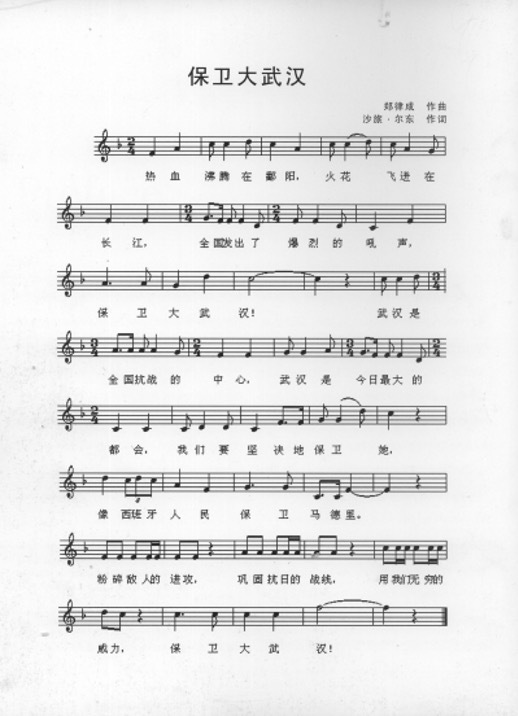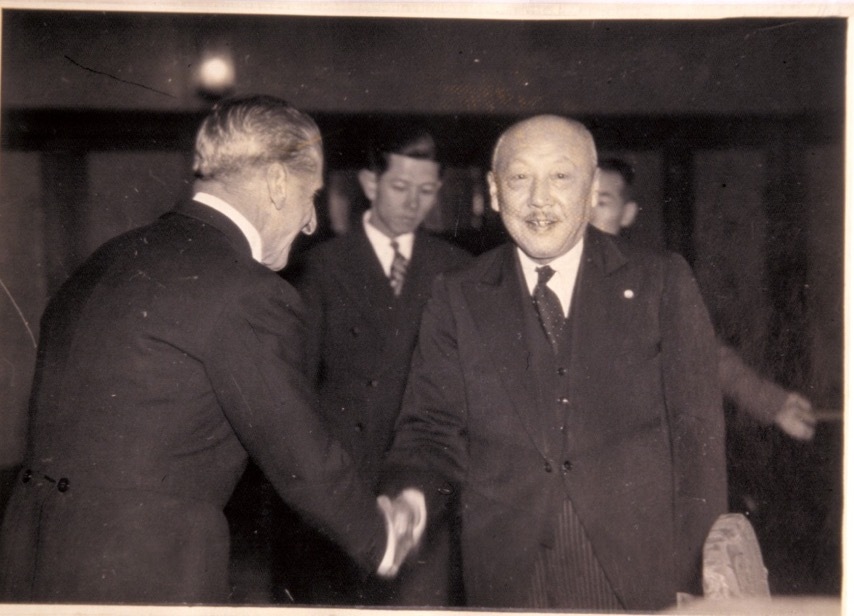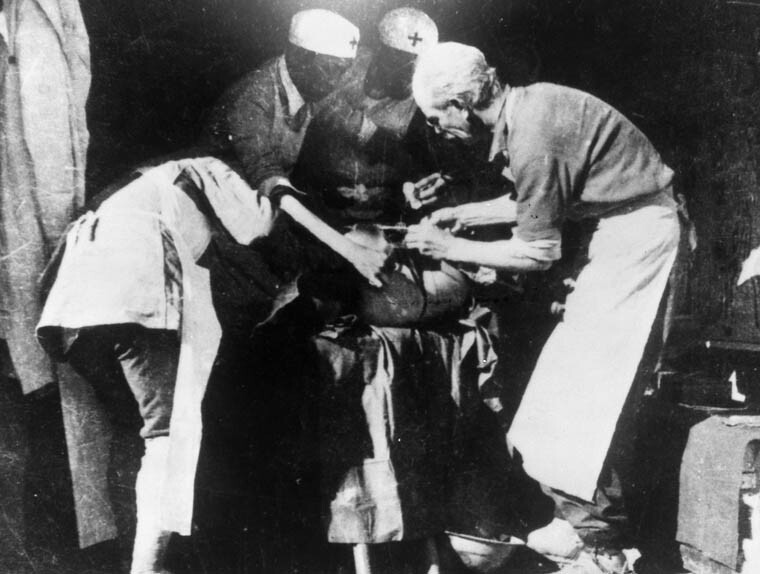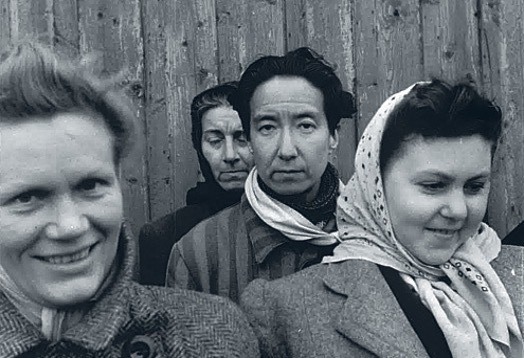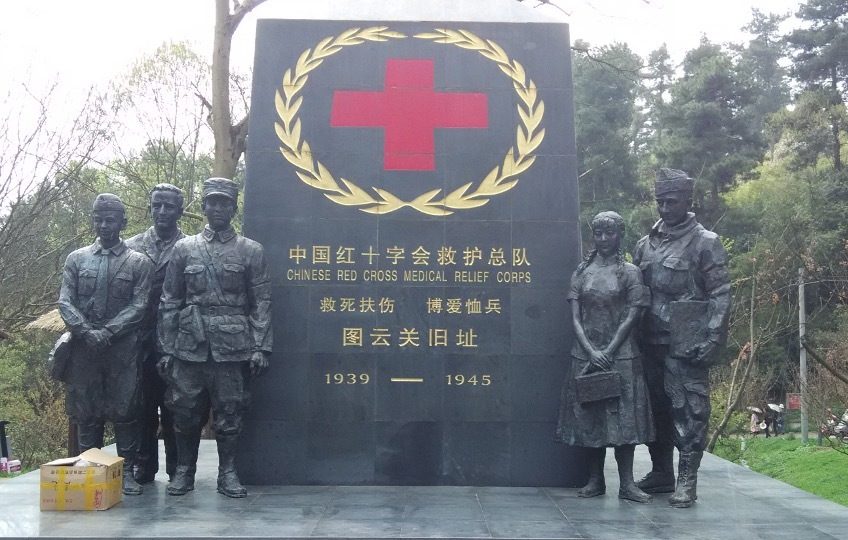The Spanish Civil War had a major impact on China. From July 1937, when the large-scale Japanese occupation began and the Battle of Brunete was taking place, until April 1939, the two most important wars that preceded World War II were being fought simultaneously. The Spanish, Chinese and international press compared the two conflicts, which they saw as a foreshadowing of the approaching global war. Beyond the chronological coincidence, there were aspects of the Spanish Civil War that, with different nuances, were reproduced in China.
To begin with, both were undeclared total wars that led the great democratic powers of the time: France, the United Kingdom, and the United States, to adopt policies of non-intervention, refusing to support either of the two sides directly, although in World War II they would ally with China. In contrast, Germany and Italy provided crucial assistance to Franco and joined Japan in the Anti-Comintern Pact. The Soviet Union assisted the Spanish and Chinese governments, both of which were allied with the local Communist Party, the Popular Front in Spain and the United Front in China. In this context, assistance from the Soviet Union, the Comintern, and a few other countries such as Mexico gave the Spanish and Chinse conflicts a shared symbolism as part of the struggle between fascism and anti-fascism. On the other hand, in the second half of 1937, Stalin decided to reduce Soviet military aid to Spain – airplanes were particularly crucial – and divert it to China.
The International Brigades embodied this international movement against fascism, and they were greatly praised by Mao Zedong’s communists in Yan’an, who sought to internationalize their struggle. Several well-known antifascists who had been in Spain, including photographer Robert Capa, Dr. Norman Bethune, and writers Ernest Hemingway, Christopher Isherwood and W.H. Auden visited China. On the other side, there were abundant contacts between the Francoist government, on the one hand, and Japan and the puppet Manchukuo regime, on the other.
The repeated aerial bombing of the civilian population by German and Italian planes in Spain and Japanese planes in China, provoked international solidarity campaigns and the massive mobilization of medical assistance for both countries. This medical support for the two countries was closely connected. On the other hand, the Spanish Civil War had consequences for Chinese military strategy. The defeat of the Spanish Republic, which had become clear by March 1938, gave rise to discussions over whether to defend to the death cities like Madrid and Wuhan, whose spirit of resistance was often compared. Some Chinese leaders such as Mao Zedong argued against this and favoured giving priority to strengthening guerrilla bases in rural and remote areas.








